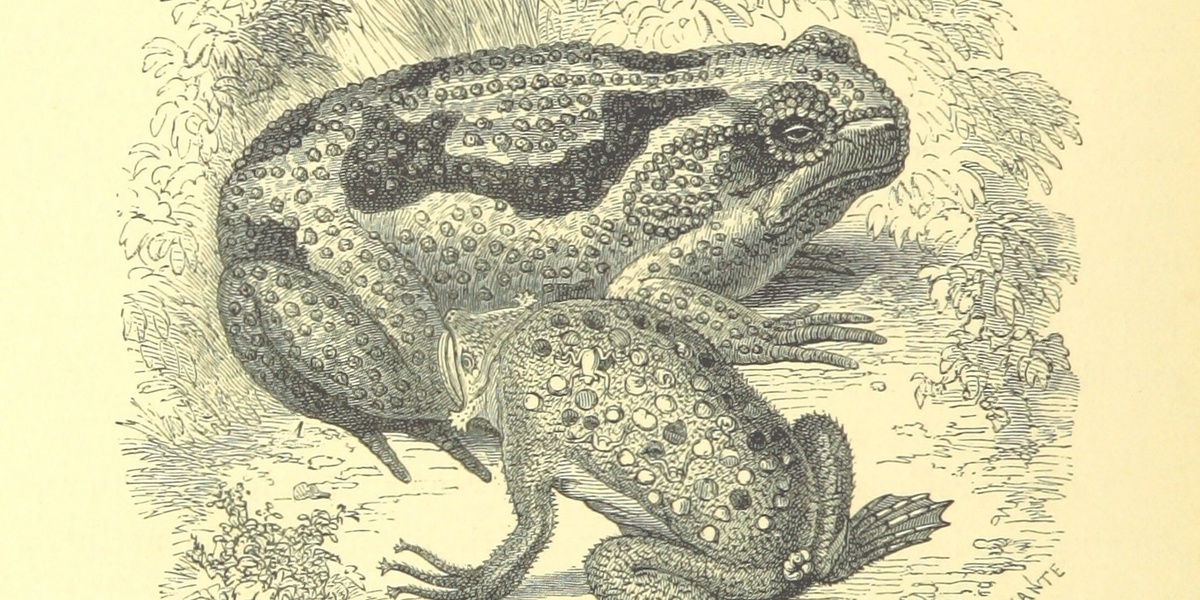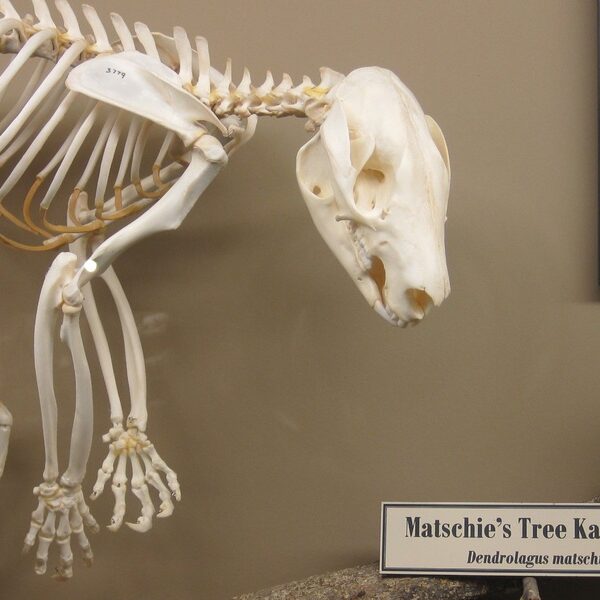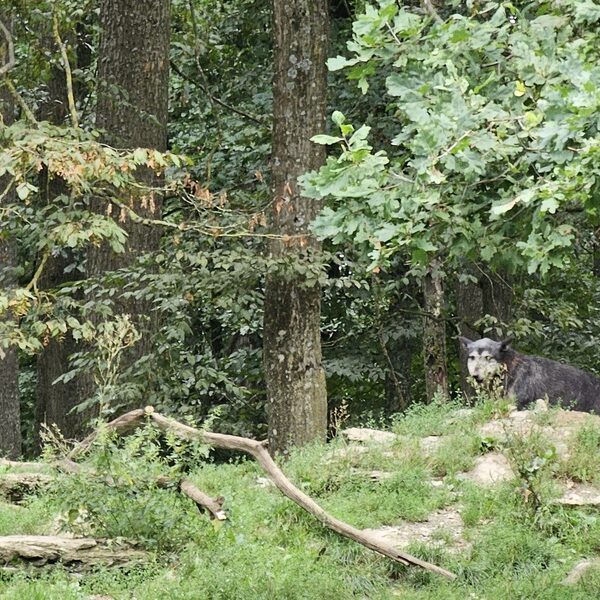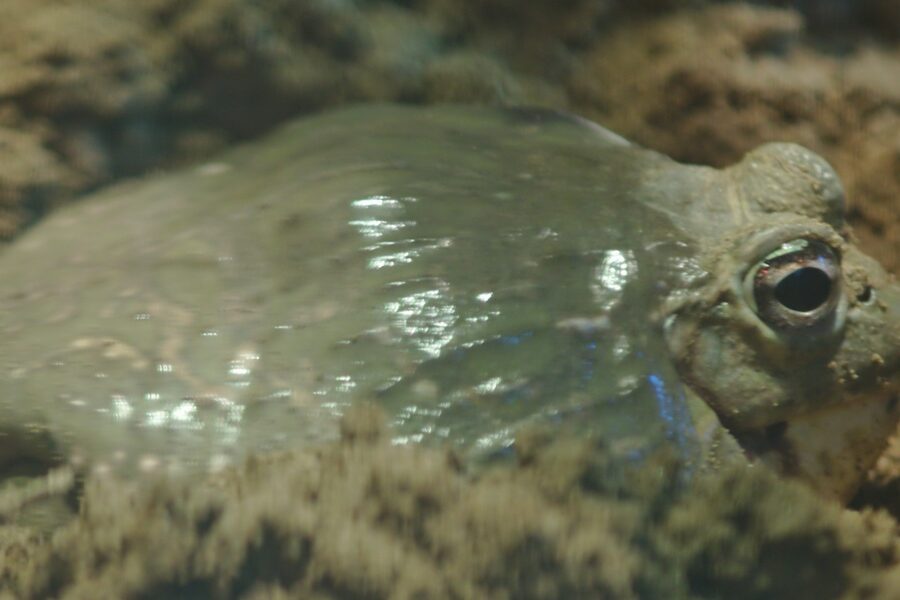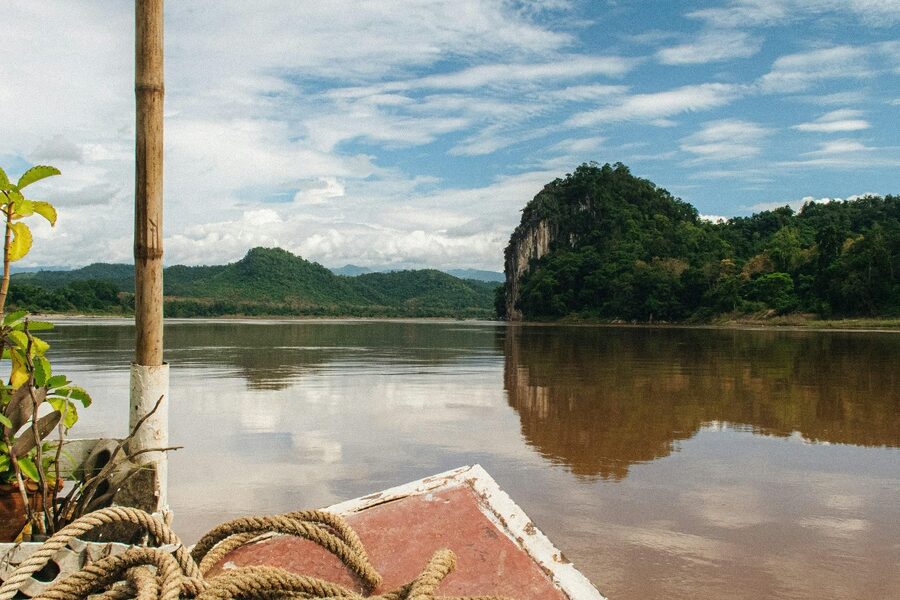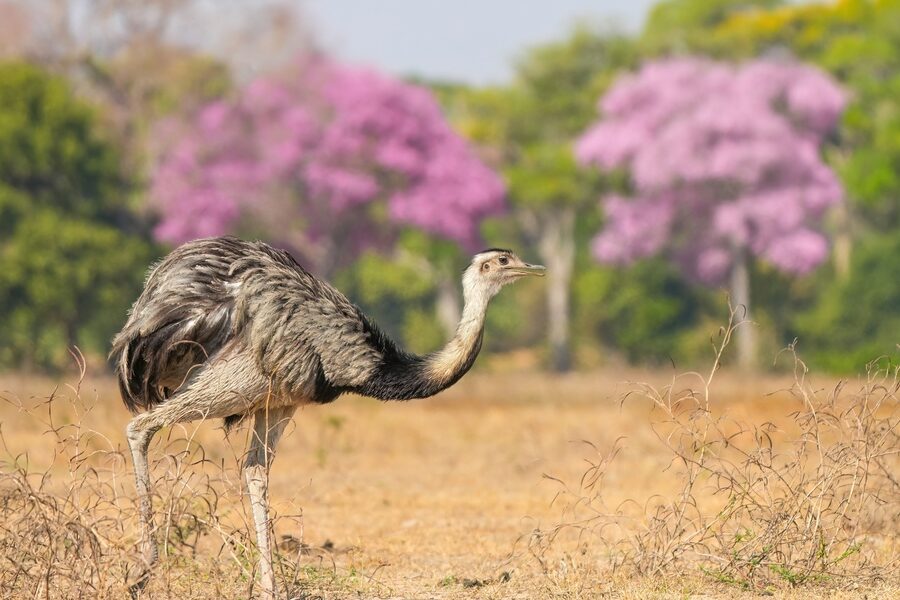Saudi Arabia’s varied terrain — from Red Sea shores and coastal plains to mountain wadis and seasonal pools — creates pockets where amphibians survive despite the overall aridity. These small, often overlooked animals are tied to water and show how local microhabitats support wildlife across the kingdom.
There are 3 Amphibians of Saudi Arabia, ranging from the Arabian toad to the Tihama toad. For each species the list shows Scientific name, Adult size (cm), Distribution & habitat — you’ll find below.
Where in Saudi Arabia are these amphibians most likely to be seen?
Amphibians appear in places with reliable water: permanent springs, seasonal pools after rains, shaded wadis in the highlands and some coastal wetlands. Records concentrate in southwestern mountain areas and scattered lowland oases, so check local wet spots after the rainy season.
How can I distinguish the Arabian toad from the Tihama toad?
Look at size, skin texture and habitat: the Arabian toad tends to be larger and is often found in higher-elevation wadis, while the Tihama toad is smaller, favors lowland coastal or plain pools and may have different call patterns; field guides or local herpetology notes give precise identification features.
Amphibians of Saudi Arabia
| Name | Scientific name | Adult size (cm) | Distribution & habitat |
|---|---|---|---|
| Dhofar toad | Duttaphrynus dhufarensis | 7 | Southwest(Asir,Jizan); wadis, oases, irrigated farmland |
| Arabian toad | Sclerophrys arabica | 8 | Widespread(western/central); wadis, agricultural areas, oases |
| Tihama toad | Sclerophrys tihamica | 6 | Tihama coastal plain(Red Sea west); lowland wadis, pools |
Images and Descriptions
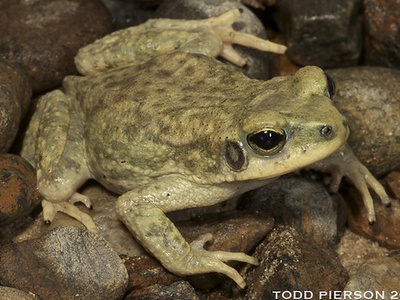
Dhofar toad
A sturdy medium-sized toad with rough skin and cryptic brownish coloration. Breeds explosively in seasonal pools after rains; common in Dhofar-type monsoon-influenced southwest. Locally common but habitat loss and water use can reduce populations; often seen near human settlements.
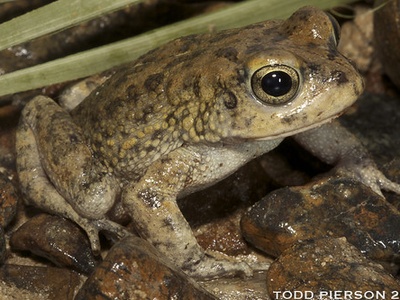
Arabian toad
A robust toad with warted skin and variable brown/green tones. Adapted to arid landscapes, it appears in desert wadis and irrigated fields after rains. Often secretive by day; local populations fluctuate with water availability but some are resilient.
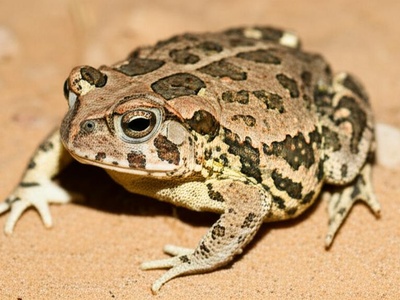
Tihama toad
Smaller, compact toad of the coastal Tihama plain with mottled dorsum and distinctive call. Restricted to lowland Red Sea coasts of Saudi and Yemen; vulnerable to coastal development and water extraction.
